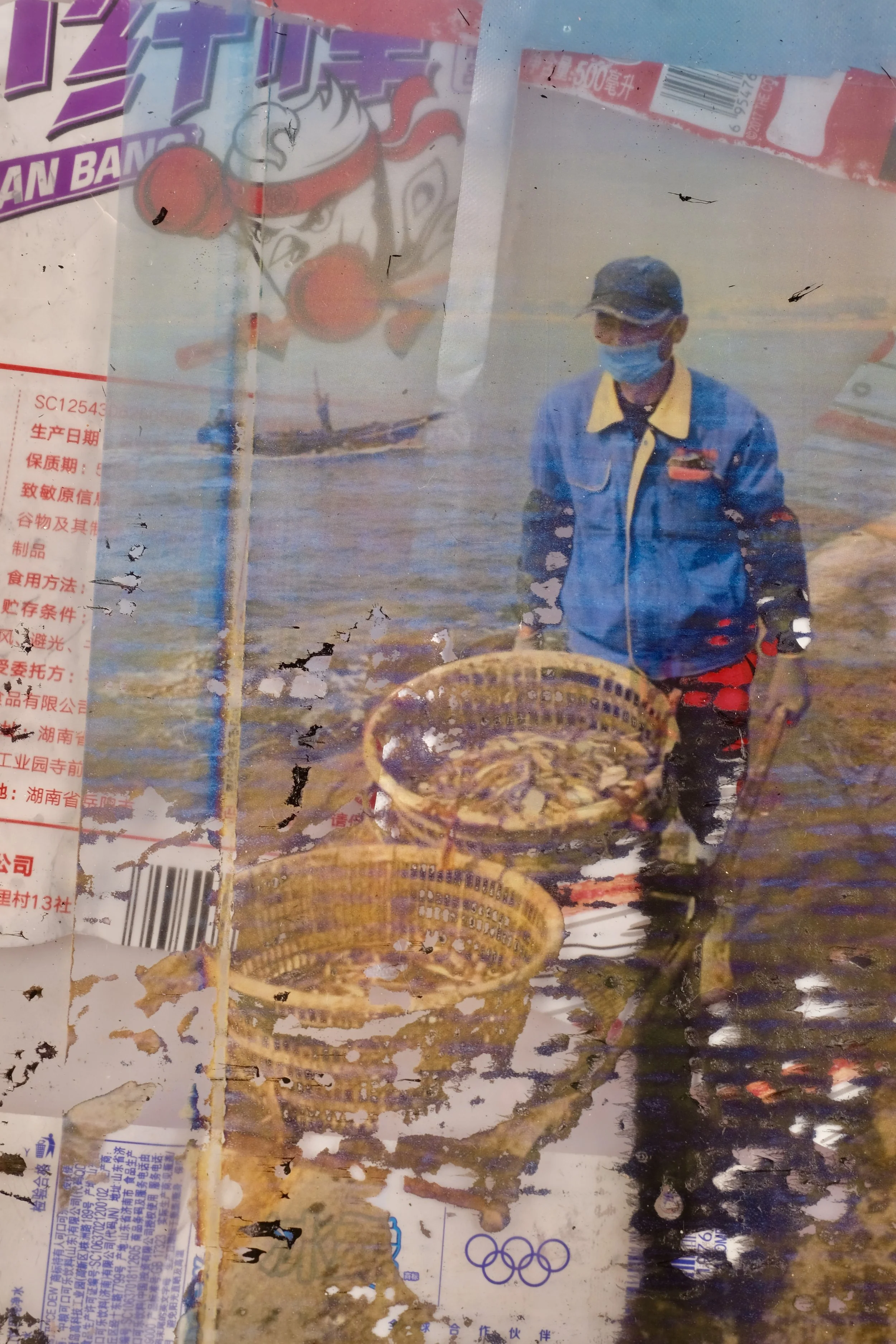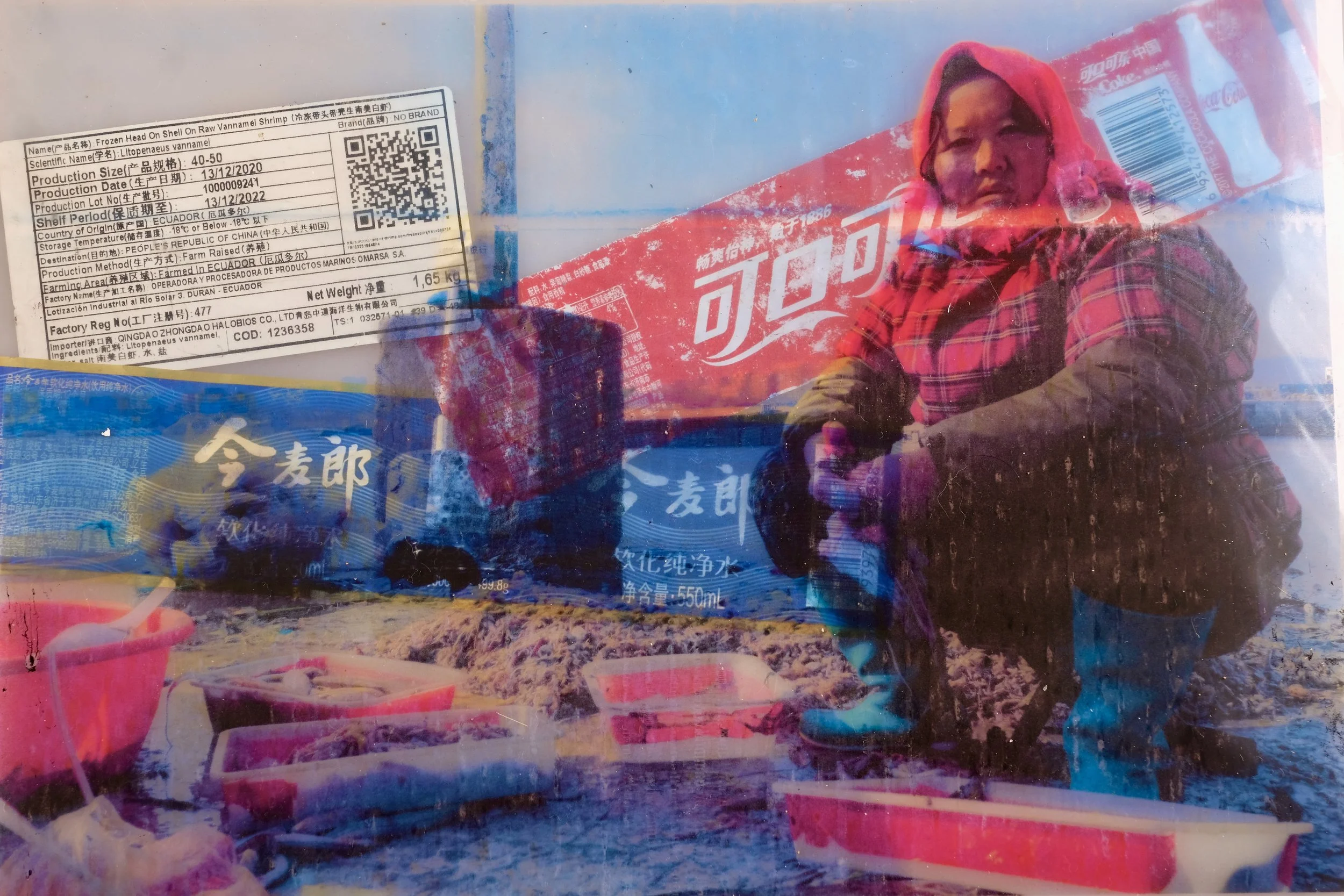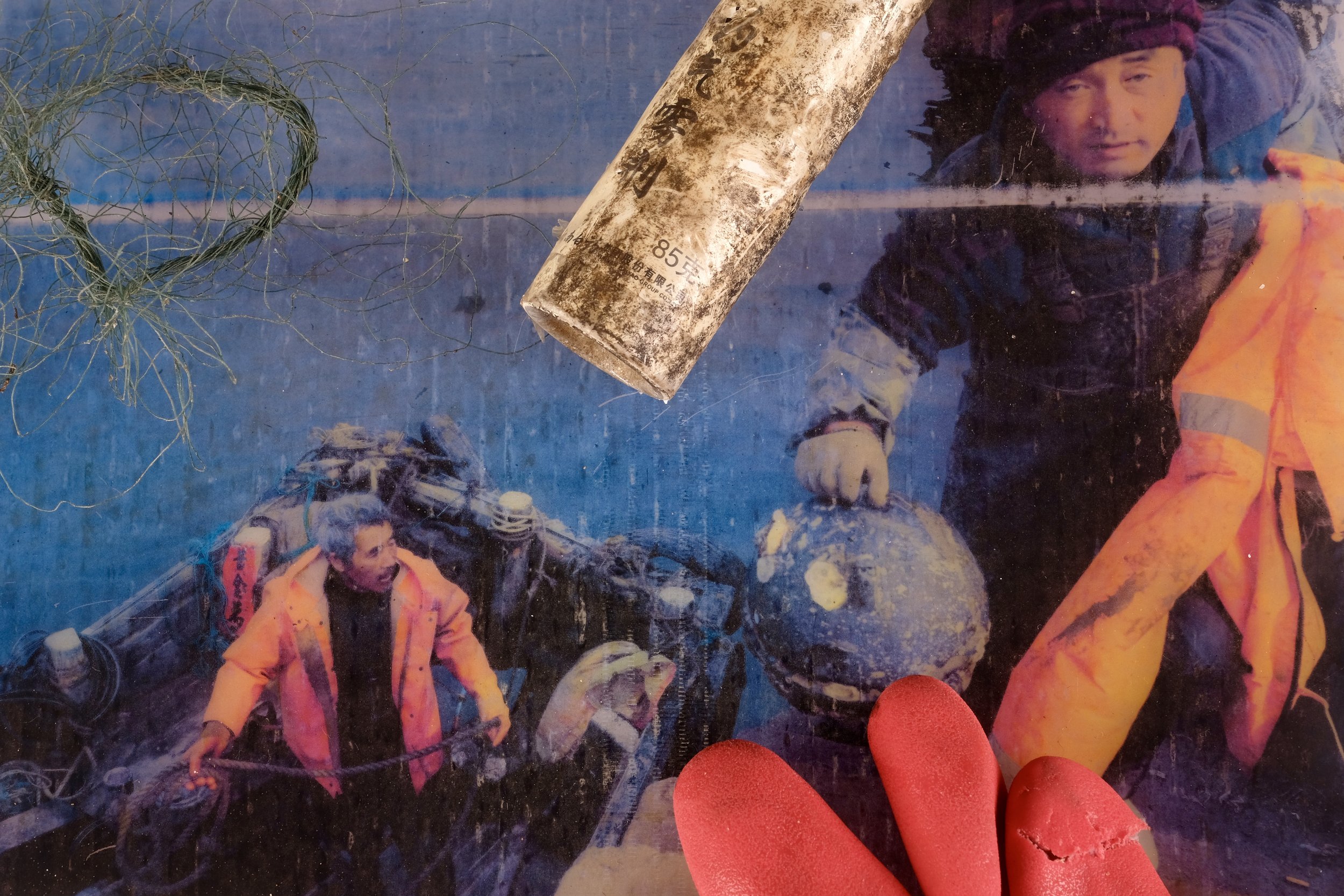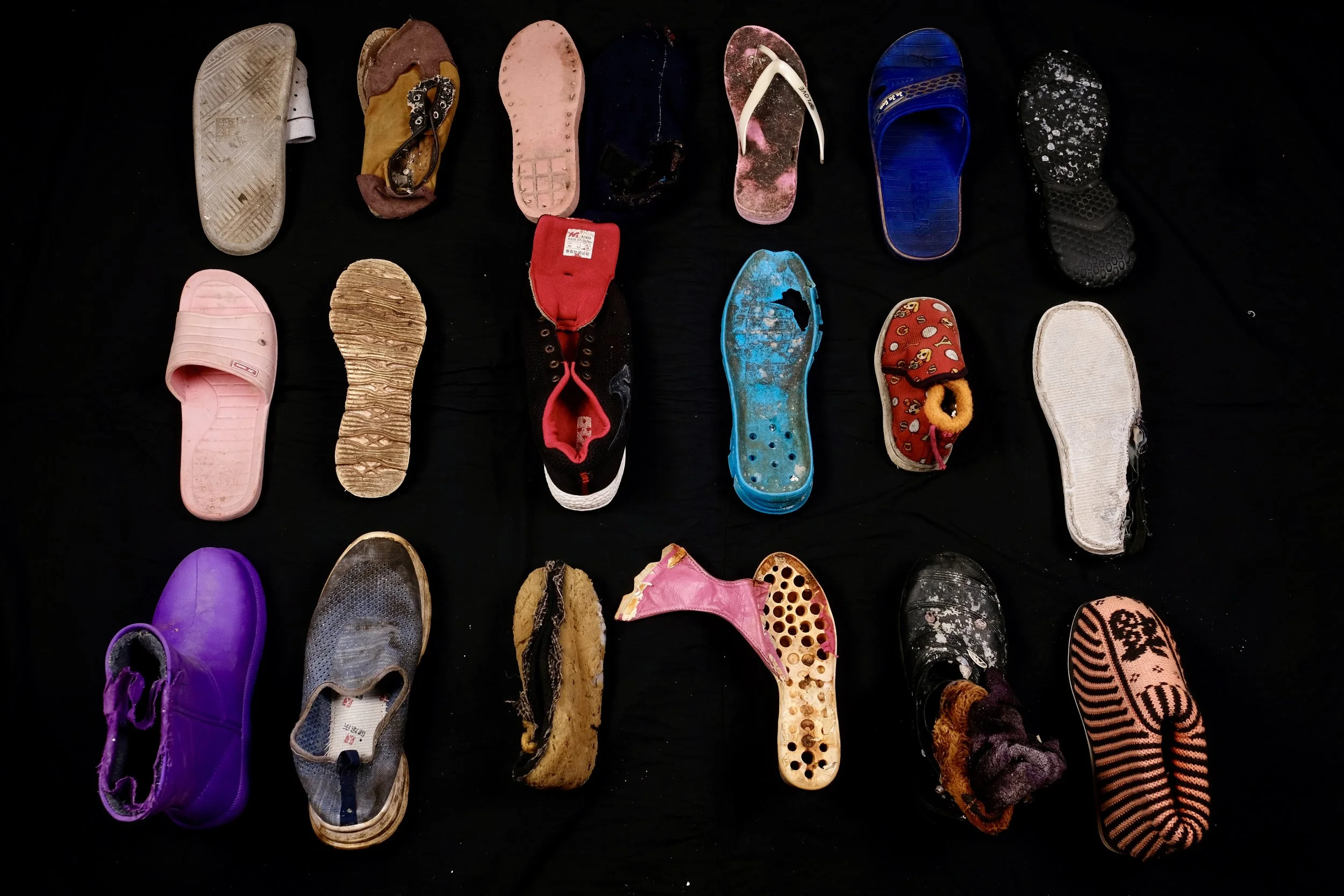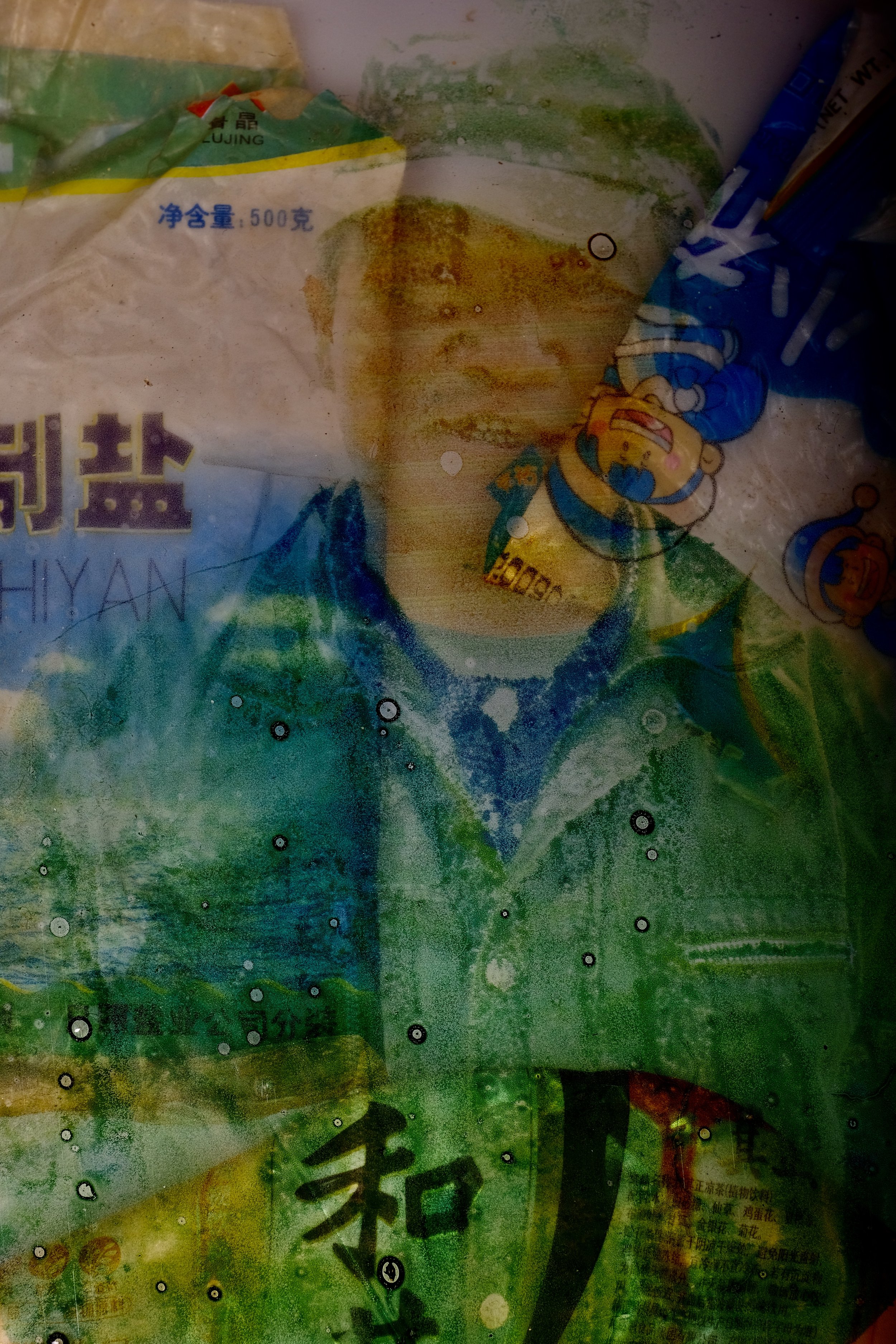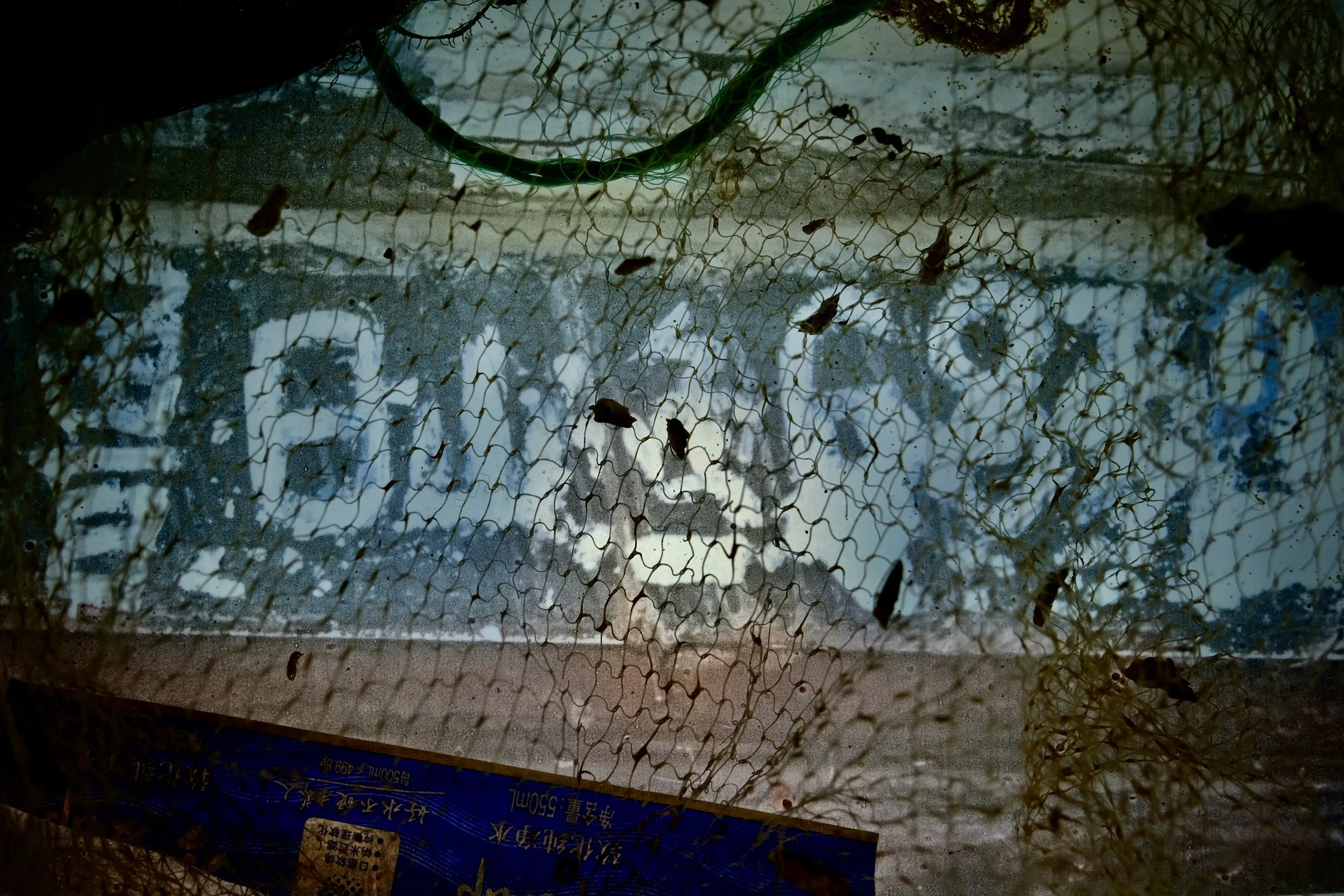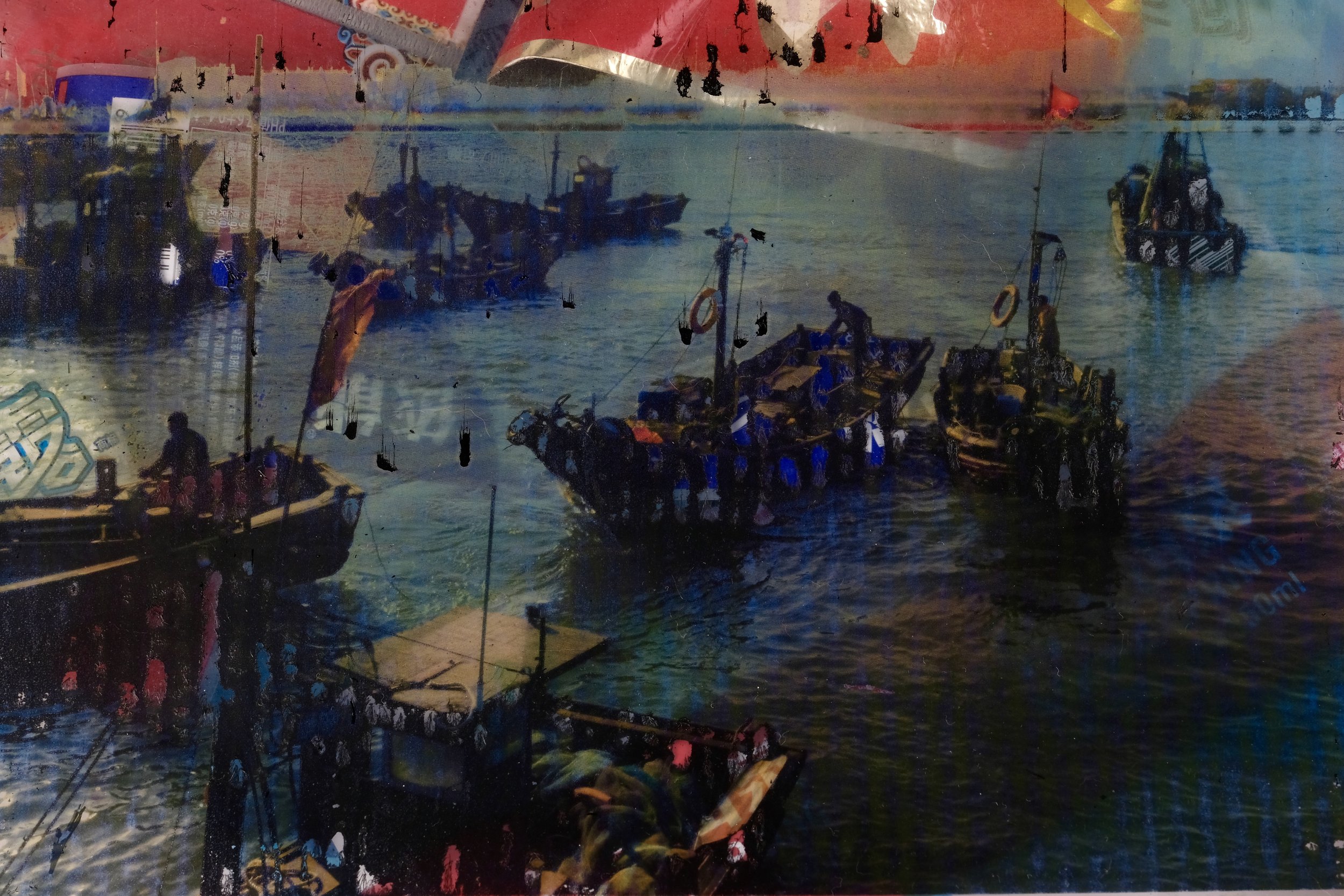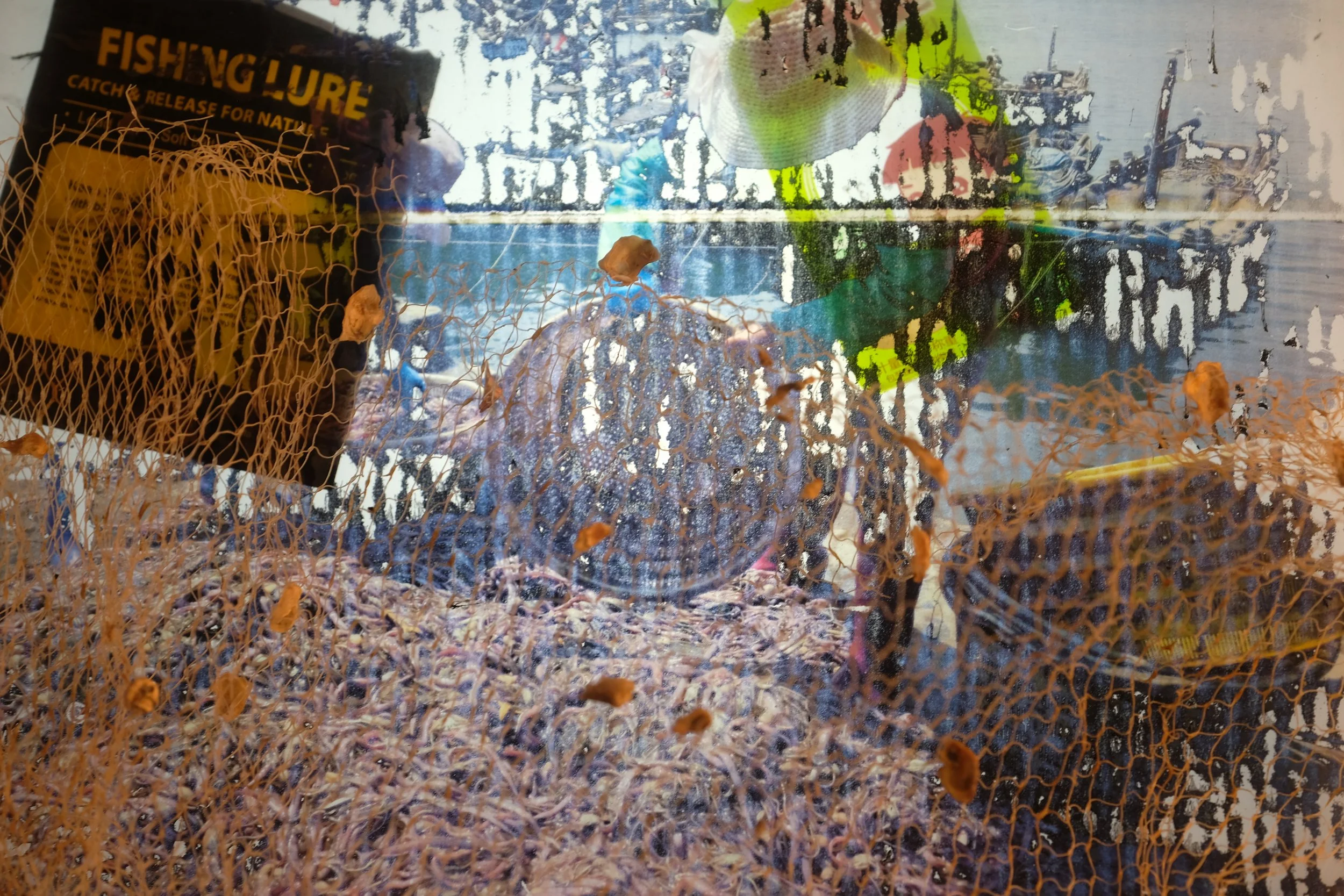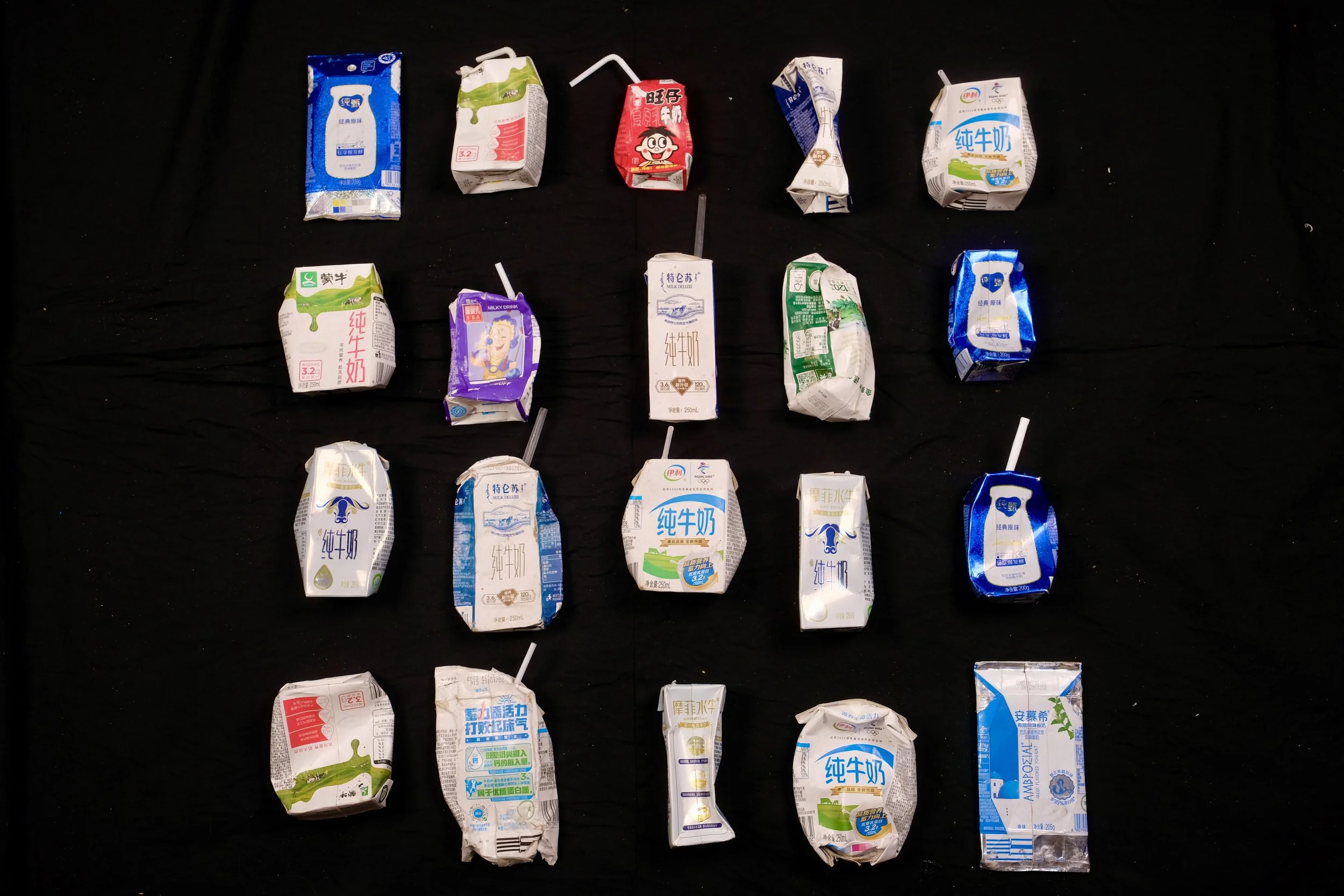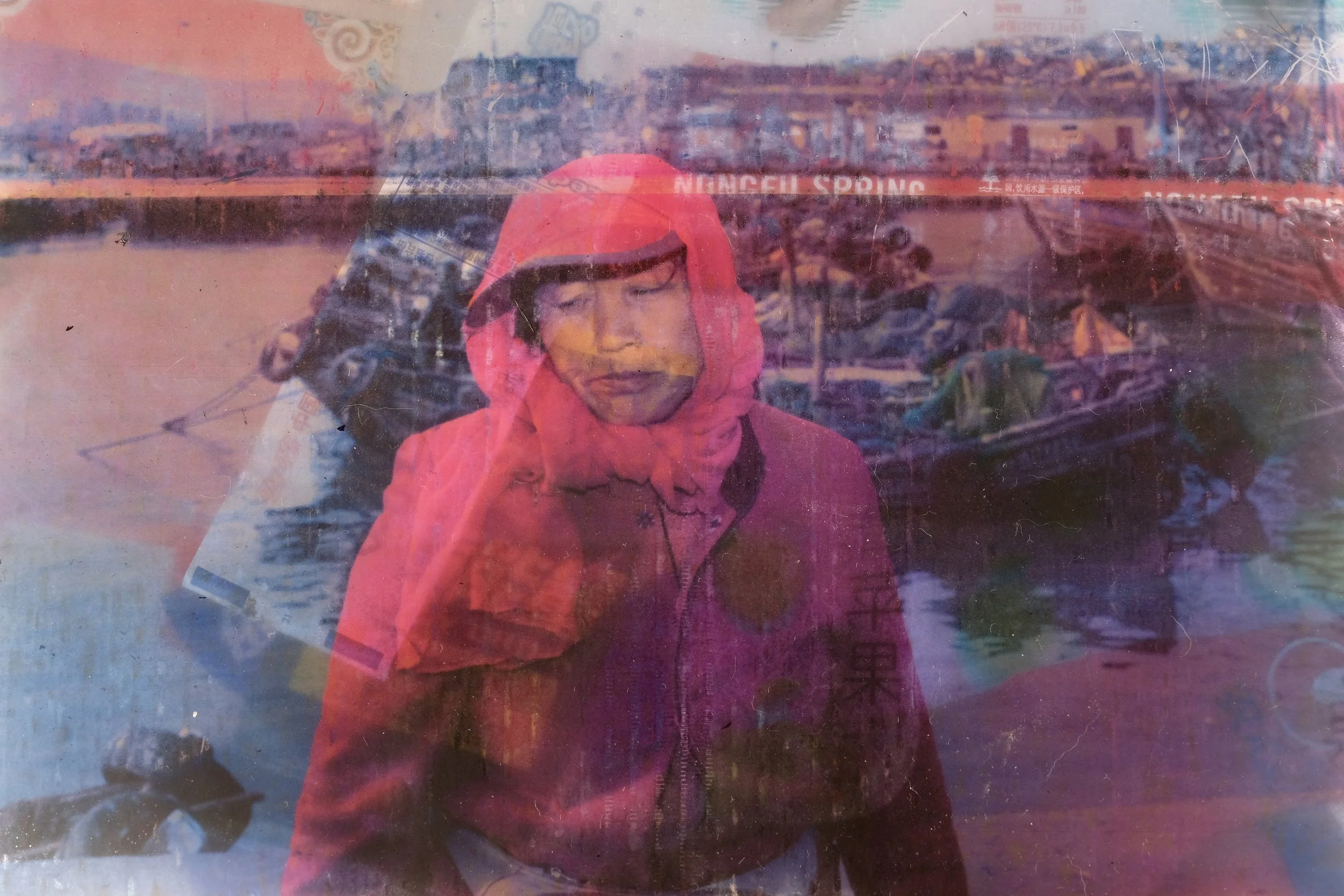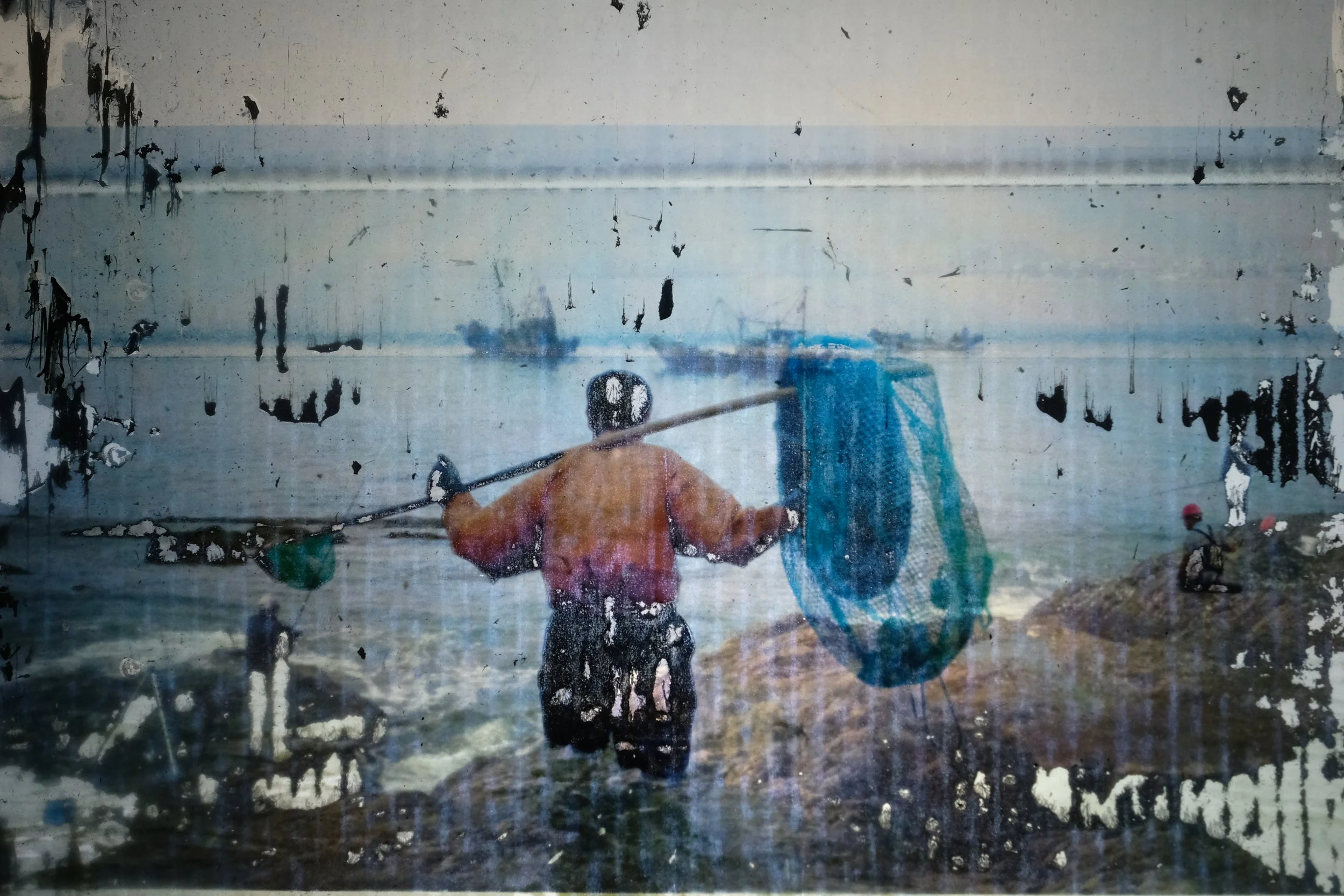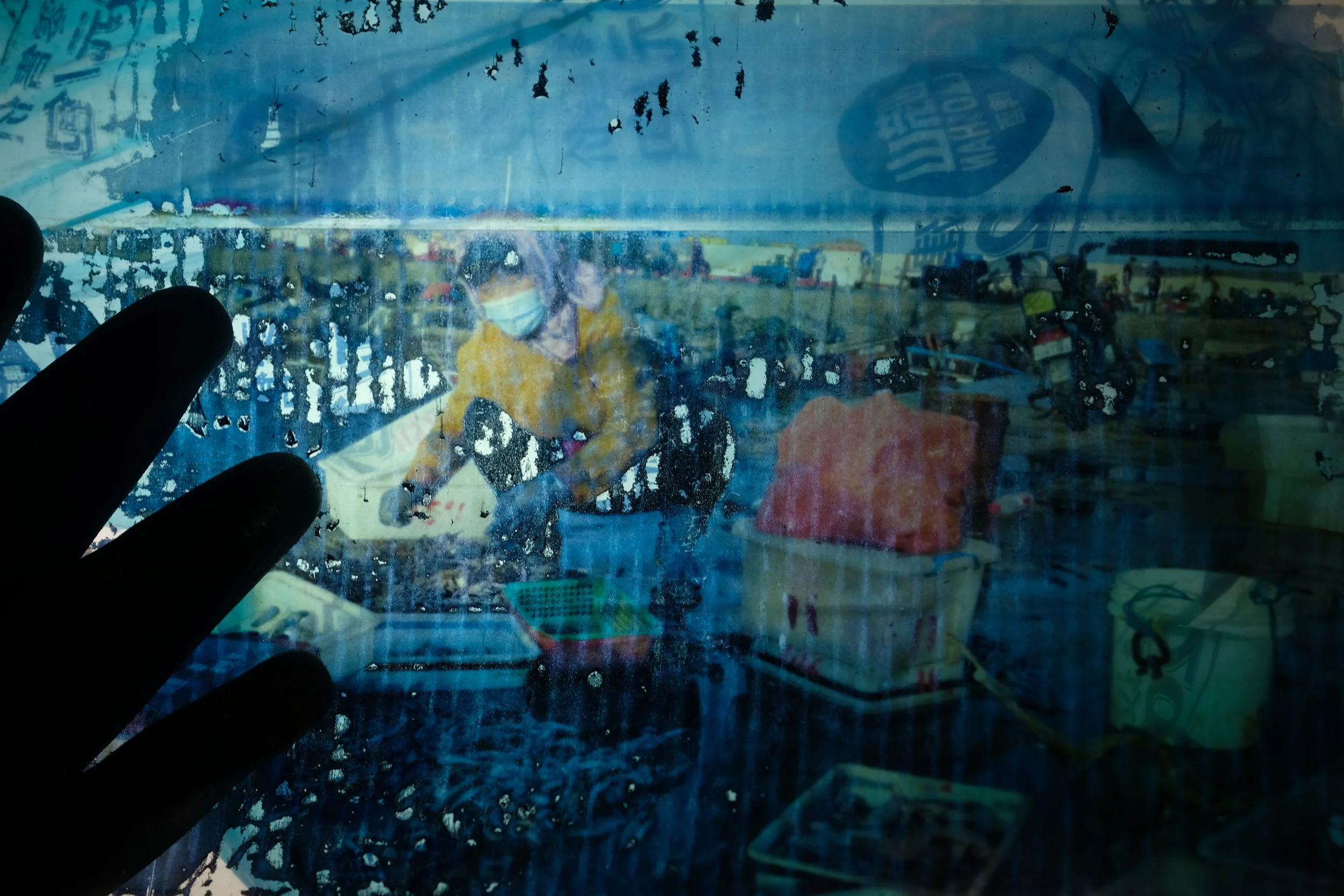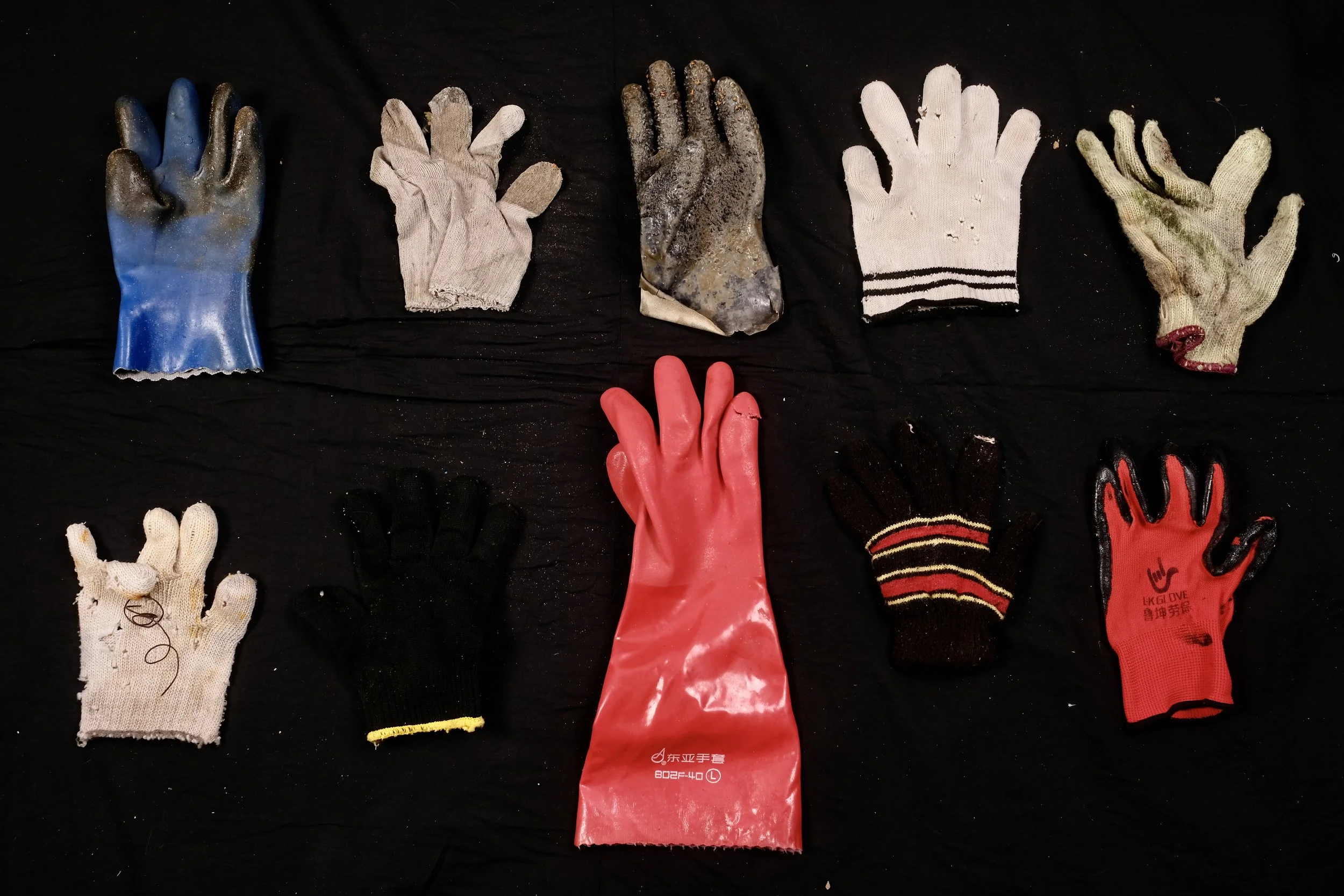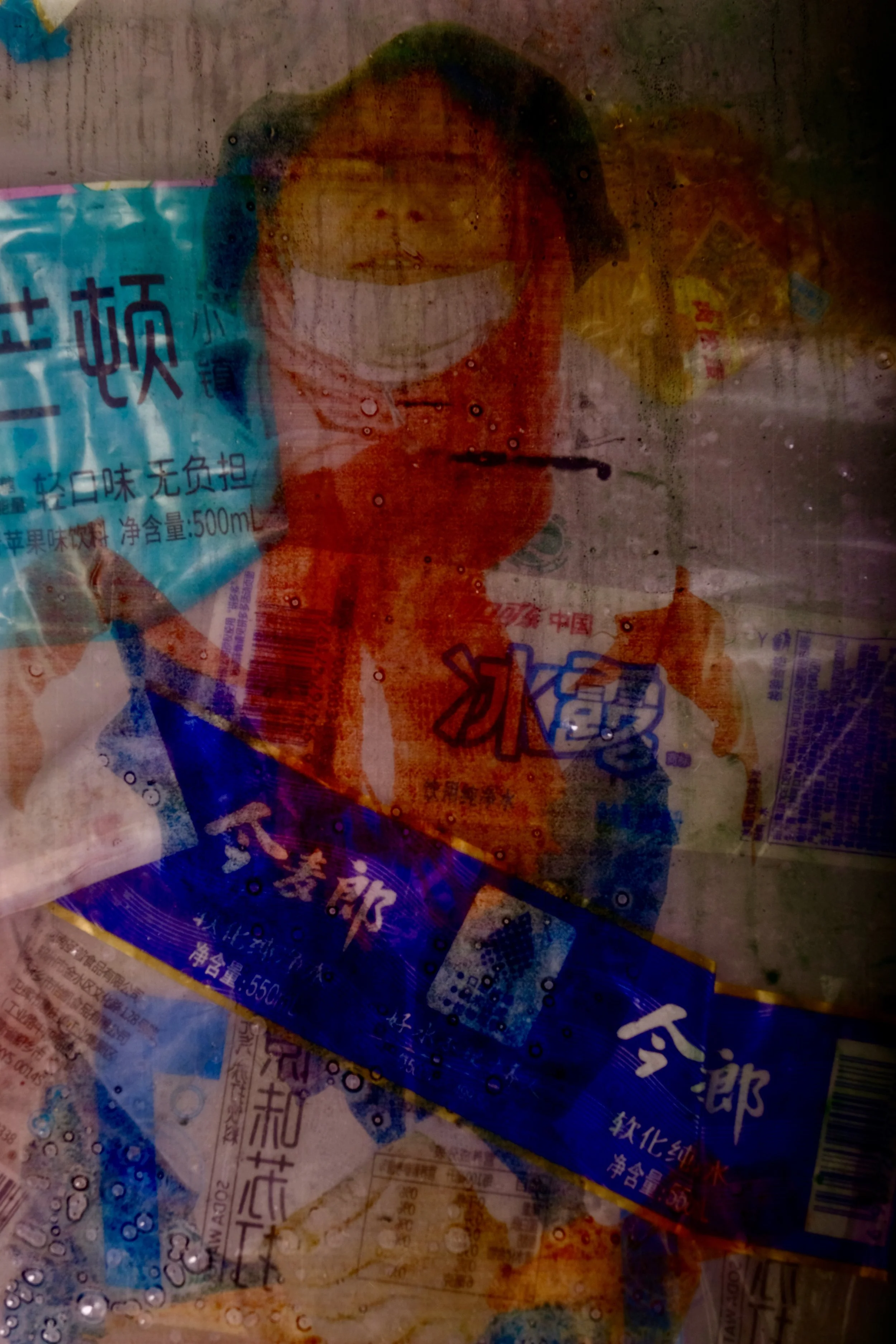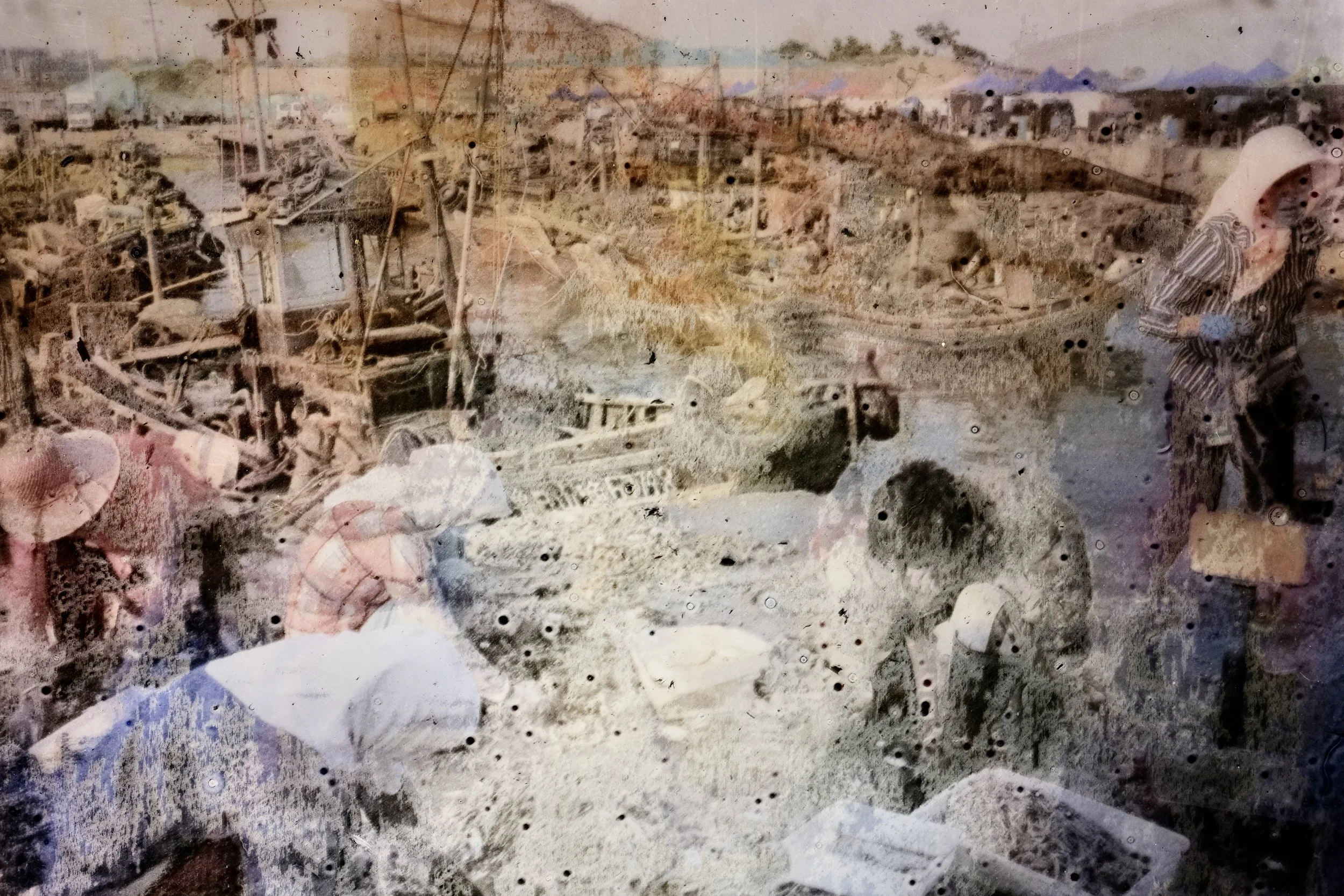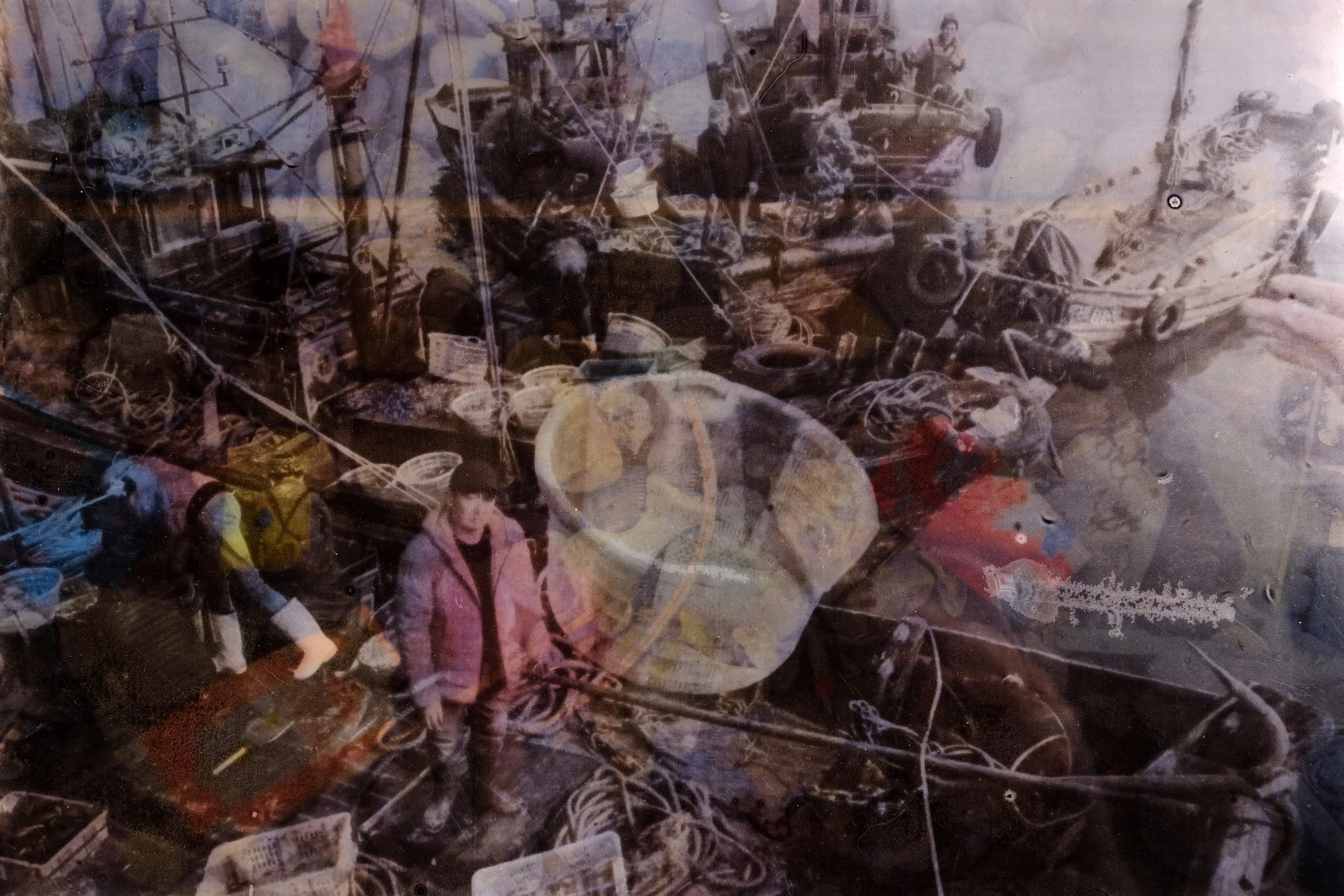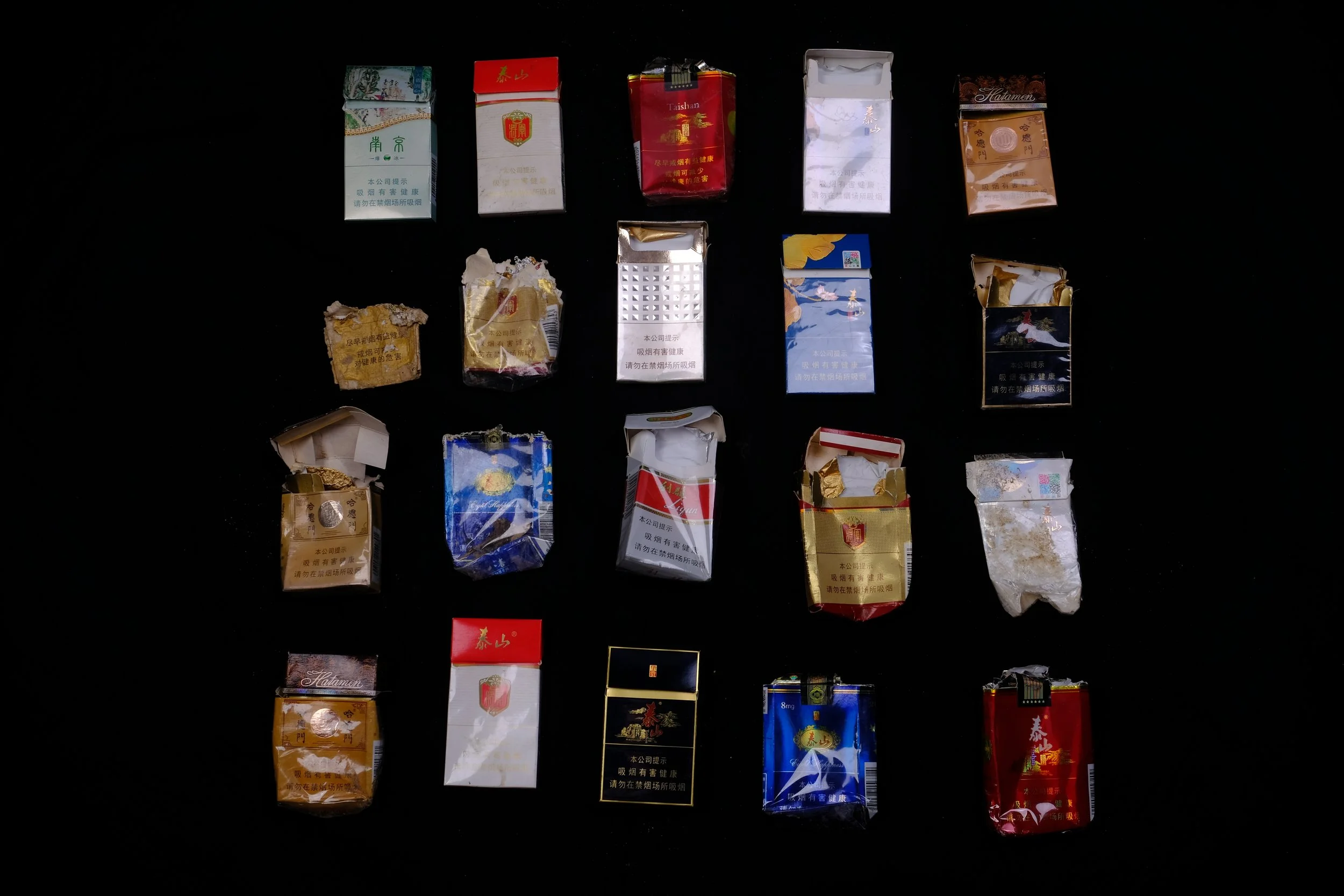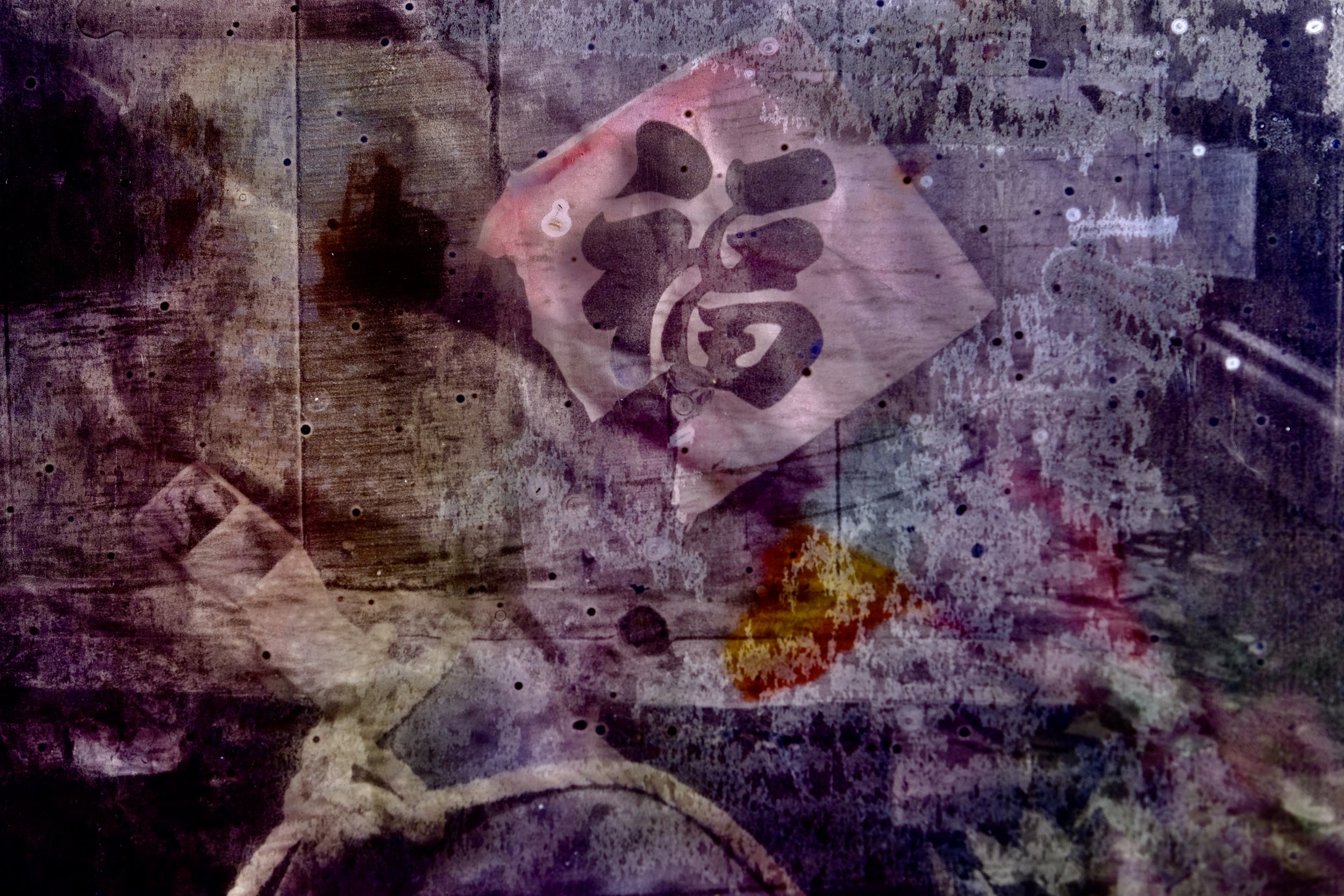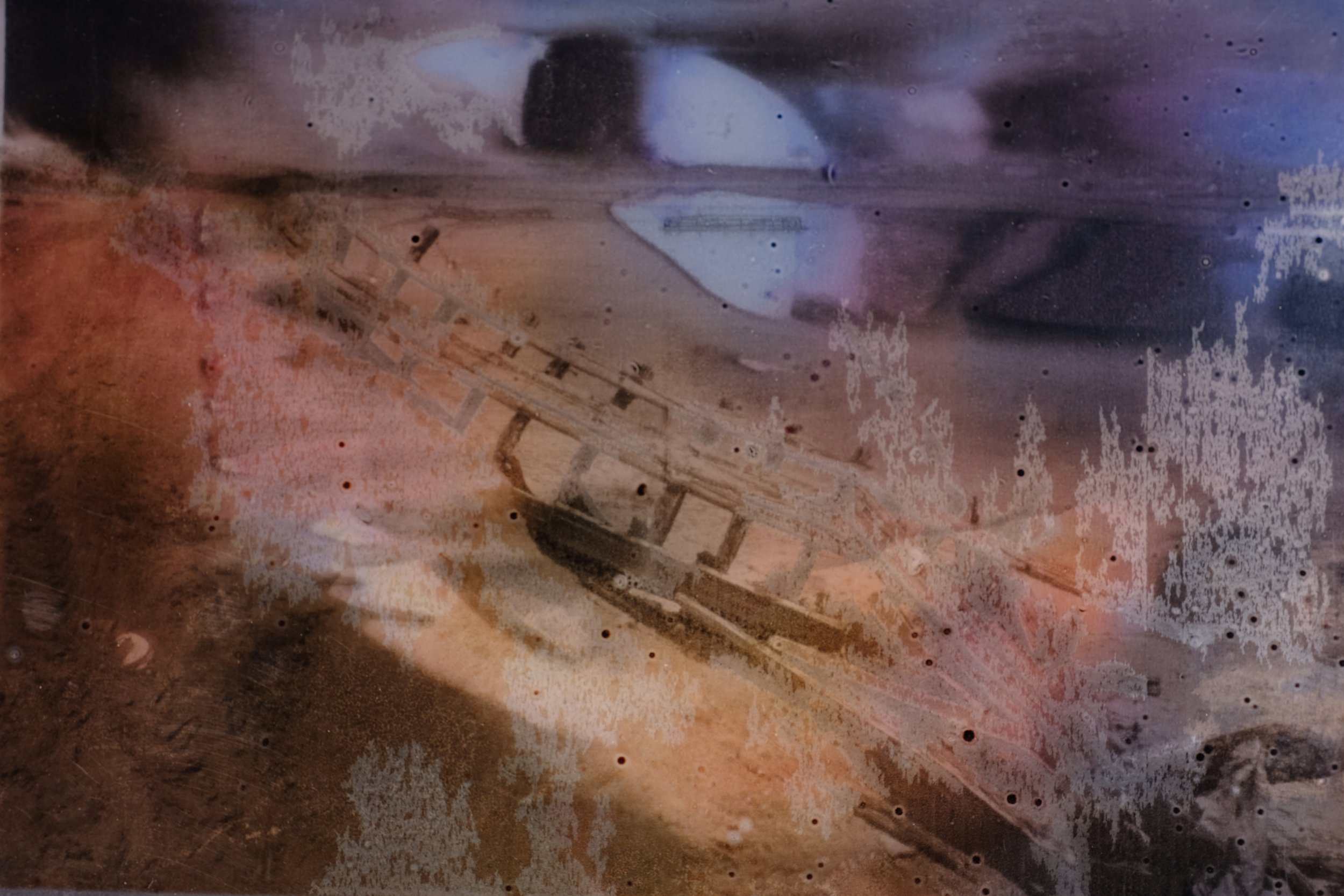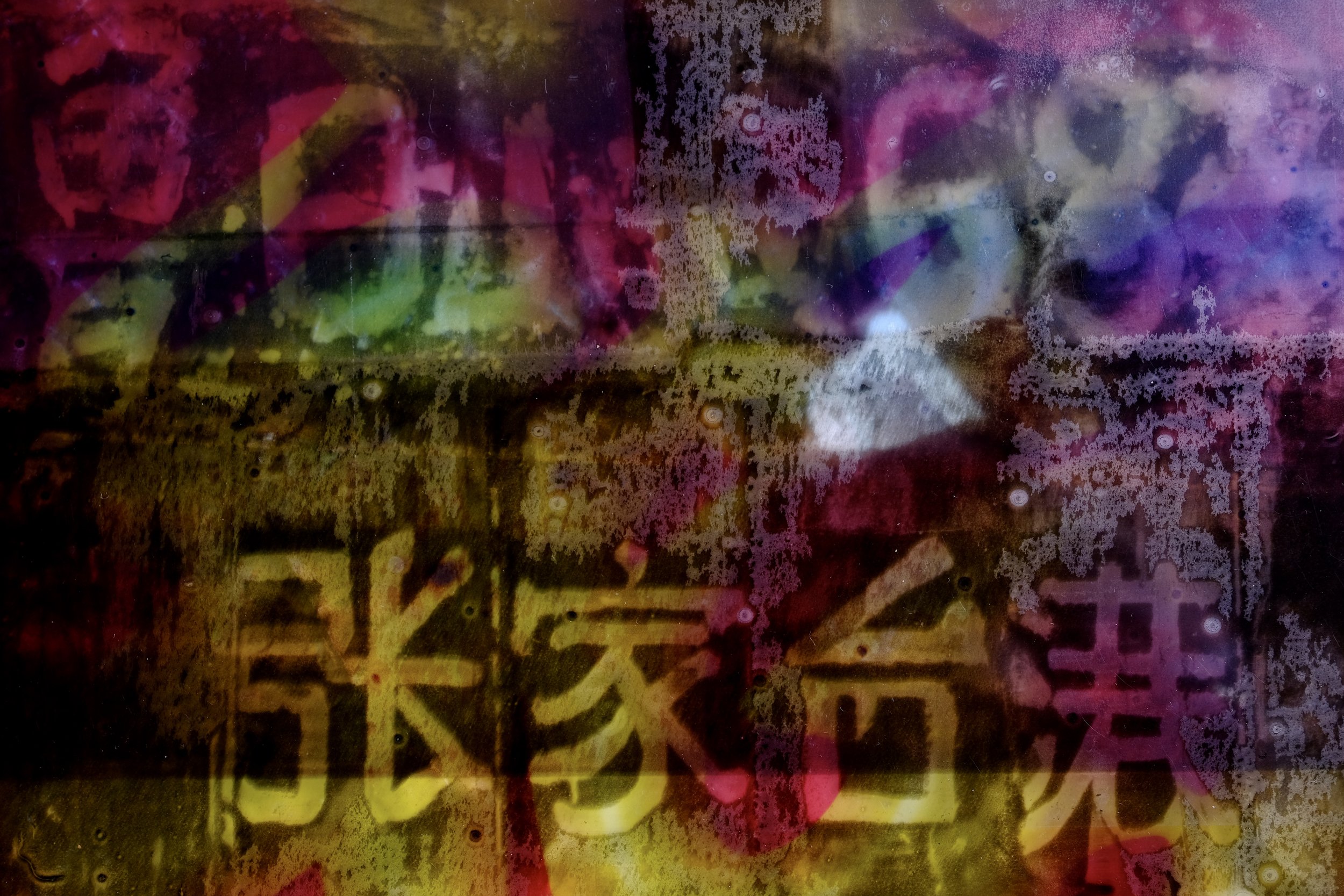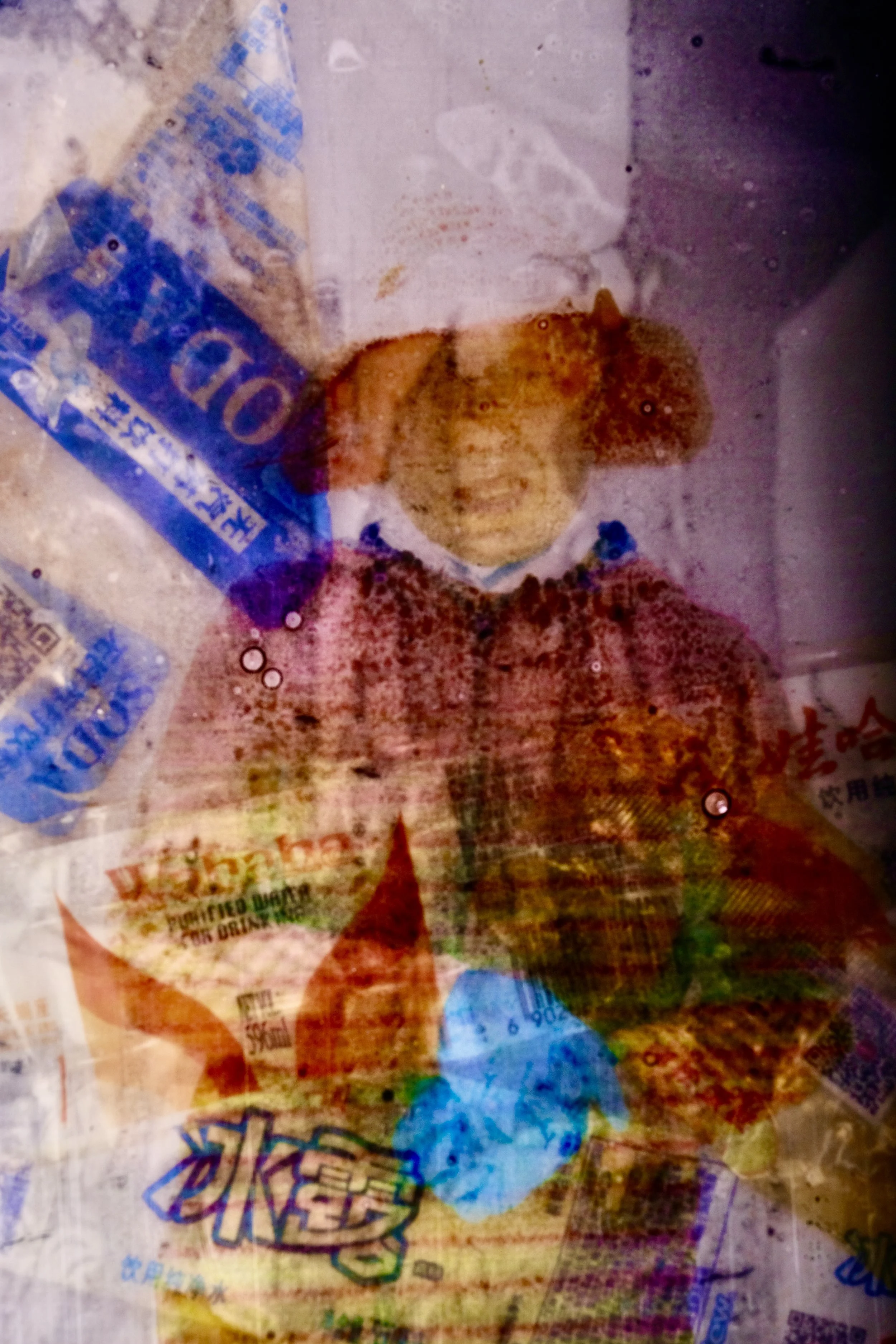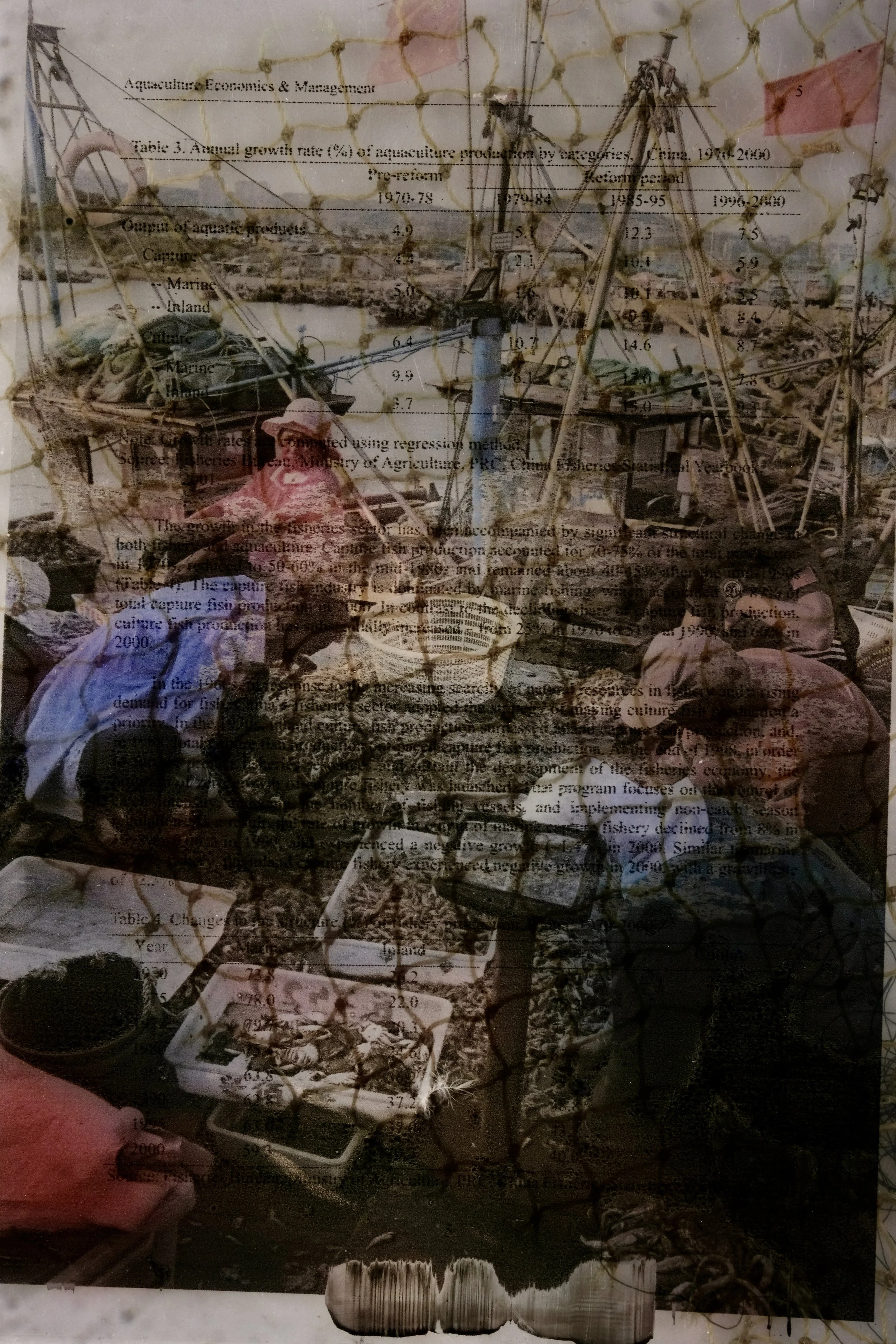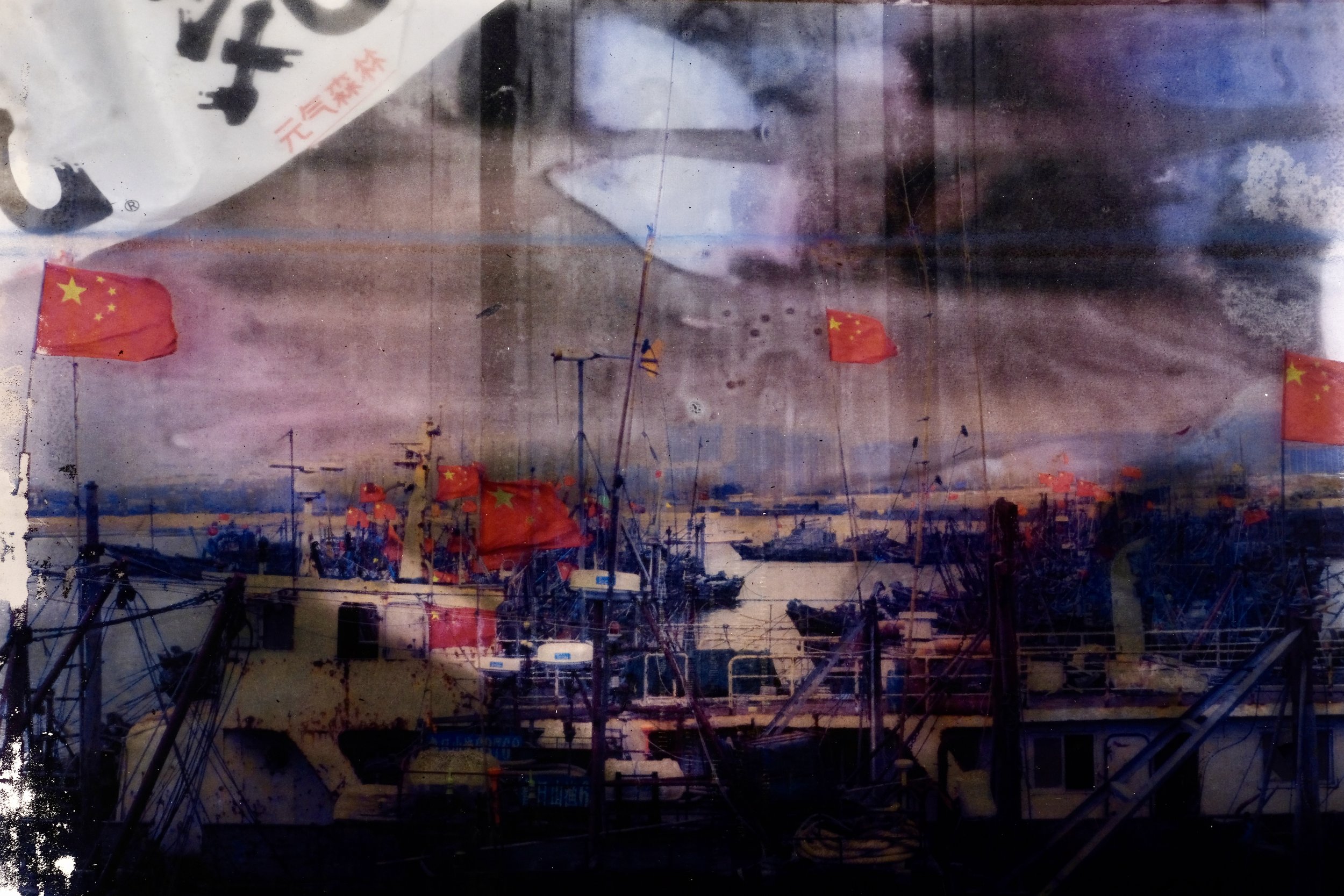The Sunshiners; Code Red In Green China
Fish for Future? By 2050, there will be more plastic in the sea than fish. Rizhao, a coastal city in Shandong province China, is home to the resilient fishermen and women known as the Sunshiners. Their lives and livelihoods are intimately. connected to the sea, which has provided sustenance and cultural heritage for generations. However, China’s domestic waters face a dire crisis, having endured decades of Ocean pollution, rampant urbanisation, climate change, and rising sea levels. The coastlines have been reshaped, and fisheries are depleting rapidly. For the 40% of China’s population living along the coast, the ocean is indispensable. It not only supplies food and jobs but also enriches their cultural fabric. Seafood is integral to their traditions, whether it’s fish for the Lunar New Year or crab and lobster for wedding banquets. Yet, this growing appetite, coupled with the demands of the world’s largest fishing fleet, has severely strained China’s seas. I delve into the complexities of plastic pollution and overfishing and rising sea levels exacerbated by the climate crisis, impacting the coastal regions of China. As a photographer committed to social change, I strive to challenge the conventional portrayals of these pressing issues. My goal is to capture and convey the stark realities facing the Sunshiners and their environment. By incorporating external pollutants into my photographs as symbols of the environmental threats. These elements highlight the alarming facts and are intricately linked to the lives and locations I document. Using acetate sheets to accentuate the degradation in the images, juxtaposing the present reality with the looming deterioration that awaits if current practices persist. These transparent sheets allow me to create layers of visual deterioration. Through processes such as scratching, burning, or applying sea water and chemicals to take us back and forth between the reality of the present and of the deterioration that’s yet to come if we do not adapt and change our ways. Providing a compelling visual narrative that not only reflects the immediate challenges but also underscores the urgent need for change to preserve the future of Rizhao’s coastal communities and their cherished maritime heritage.
